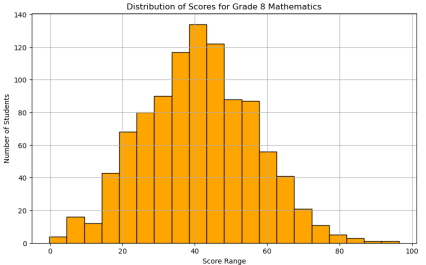Demographic and Economic Determinants of Educational Equity: A Study on Numeracy and Science Proficiency Across Pakistan's Provinces
Keywords:
Socioeconomic Position, Mathematics, Numeracy, Academic Accomplishment, IndiaAbstract
This skills of students across different provinces in Pakistan, with a particular focus on study explores the impact of demographic and economic factors on the numeracy
understanding regional disparities and educational equity. The investigation involved a comprehensive survey administered to Grade 4 and Grade 8 students, assessing their mathematical and scientific proficiency alongside demographic data. The findings reveal significant regional disparities in student performance, with Punjab consistently outperforming other provinces, particularly Balochistan and KP & NMD, which exhibit notably lower scores. The results show that Grade 4 students nationally answered 49% of mathematics items correctly, while Grade 8 students demonstrated a decline, with only 41.6% correct responses. This decline suggests increasing challenges in numeracy as students’ progress through their education. In science, Grade 8 students performed better overall, with an average score of 51.3%, indicating that science education may be more engaging or effectively taught compared to mathematics. The study underscores the influence of socio-economic status (SES) on academic performance, with students from lower SES backgrounds generally performing worse than their peers. Factors such as parental education, family income, and regional educational resources play a critical role in shaping students' numeracy skills. The research highlights the need for targeted interventions to address educational inequities, particularly in underperforming regions like Balochistan and KP & NMD. Recommendations include improving resource allocation, enhancing teacher training, and providing additional support to students from disadvantaged backgrounds to ensure equitable educational outcomes across Pakistan.

